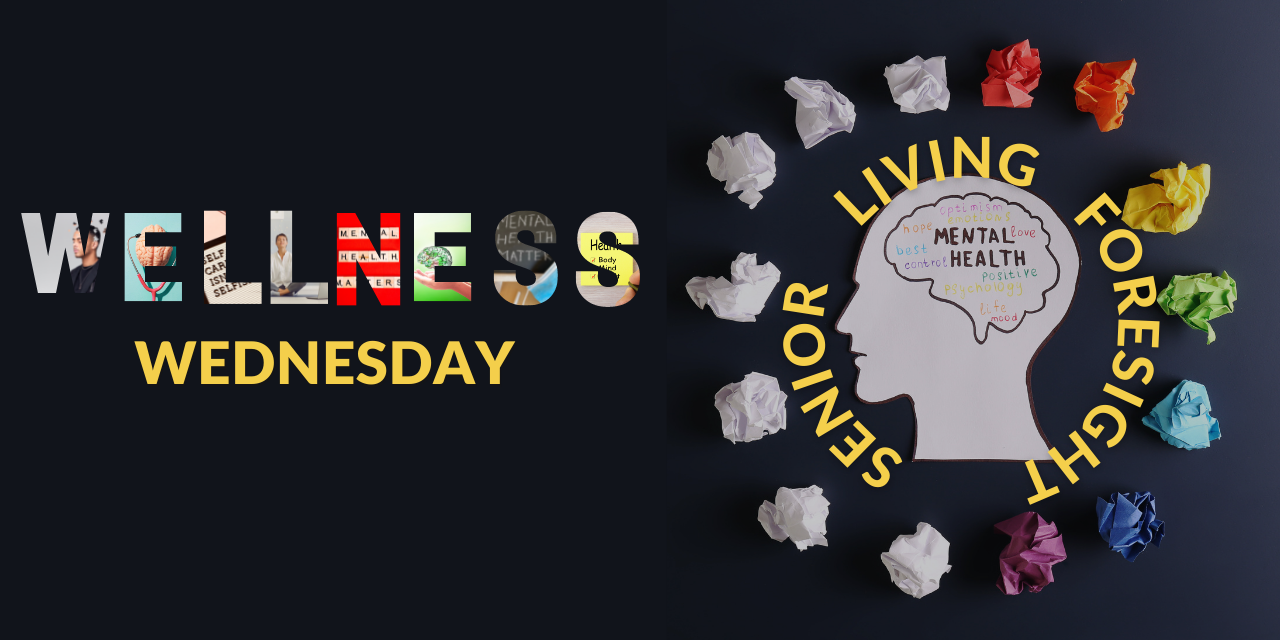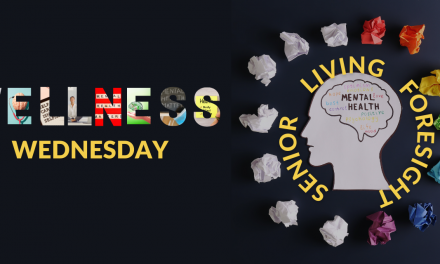By Jack Cumming
X, formerly known as Twitter, laid off 80% of its workforce and somehow continued to operate. Job security can be but a passing fantasy. Brittany Pietsch was just four months into a new job when the shock of layoff landed. She went to social media with the moment. (Click here to watch.) It turned out she was one of 40 salespeople let go at the same time.
The Risk of Layoff
The risk of layoff is one of the downside challenges of any job. A jobholder has a single client while most gig workers (freelance, consultants, on demand workers, et al.) are less concentrated and so face lower unemployment risk. Moreover, there is nothing I know of that is as shattering to one’s self esteem as losing a job.
Most of the time, when people lose a job, the signs are there long before the dreaded interview. If you feel vulnerable in your job, you probably are. You may be having issues with your boss. The higher-ups are nearly always going to blame you. It’s time to be thinking of your next step. If you feel fragile, it’s probably wise to take matters into your own hands and give notice. Two weeks is customary for lower-level jobs, one month for managerial jobs. Click here for a CNBC program on layoffs in the tech sector.
You Will Be Stronger
The happy thing is that you’re likely to learn from the experience. If you still have childhood notions of entitlement, they usually disappear when faced with the cold reality of the off-putting, “I’m sorry you feel that way, but you’re terminated nonetheless.” Also, you will get over the notion that a job is security. The right to continue in a job has to be earned every day, day after day, through your performance and your positive attitude.
Another happy thing about a layoff is that you may move beyond just having a job. Many people who are laid off take the lump-sum severance pay and use it to start a business of their own. You may have learned enough from your time on the job, that you can now freelance with clients of your own. A caregiver in a senior living community, for instance, might start a caregiving service using a matching app to find clients. If you have five clients and you lose one, it’s far easier to absorb than to have a job and lose it altogether.
Don’t Blame Yourself
Often, it’s not even your fault that you feel insecure on the job. Once I consulted for a German company that was losing employees at a facility in the United States. It turned out that German culture has a saying that translates as “Nothing said is praise enough.” That is taught to German students during their school years, and it endures for most throughout life.
In the United States, instead, we say, “If you don’t have something nice to say, don’t say anything at all.” Our work is praised in school and in life. For those U.S. workers employed under German supervision, the dour demeanor of their bosses made the workers feel they were failing. Rather than wait for what they felt was inevitable, they left for other opportunities.
Sincere Praise
Praise is the sweetest form of speech that a supervisor or higher-up can offer to a worker. It never hurts to say, “We’re glad you’re here,” or, “Our residents love you and that makes our business thrive,” or, “You do such good work. We’d never want to lose you.” Not only does praise like that let management differentiate between those employees who are performing and those who might do better leaving, but it also can open the way for conversations that can avoid misunderstandings like that of the German employer.
For employees in senior living, the biggest challenge on the horizon is the potential for automation of many tasks that now require employees. You can prepare for that future by seeking digital skills or even advocating for change instead of resisting it. Employees who envision the future and embrace it enthusiastically stand out and will always find a home.
Prepare for the Future
The more you prepare yourself for the coming era, or for the next step up the corporate ladder, the more likely that you will thrive through all the years that lie ahead. I had a friend who came of age during the depression and never went past eighth grade. Yet, he had an outstanding career and rose to a senior position in the Manhattan atomic project at Oak Ridge. He had a word of advice that he shared.
My friend said that the key to his rise and his success was that he always studied what were the qualities, expertise, and mastery that made his boss suited to be his boss. Then, my friend would get the books and do whatever it took to gain that same mastery and to emulate those same character traits. That’s good advice for anyone who wants to be prepared at all times for the good and the bad that come with any work life.







